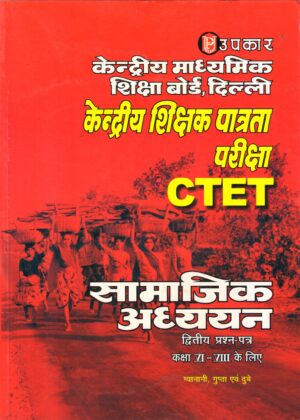PREFACE
The Inheritance of Loss
Author: Kiran Desai
Format: Paperback, Hardcover
Genre: Literary Fiction, Historical Fiction
Synopsis:
The Inheritance of Loss by Kiran Desai is a poignant and richly layered novel that explores themes of identity, migration, and the impact of colonialism. Set in the mid-1980s, the narrative spans across two continents, intertwining the lives of its diverse characters amidst political and social upheaval.
The story centres around a crumbling house in the northeastern Himalayas, where an embittered old judge, Jemubhai Patel, lives in isolation with his orphaned granddaughter, Sai. The judge’s solitude is disrupted when Sai arrives from a convent school, bringing with her a fresh perspective that challenges his deeply ingrained prejudices.
Sai’s arrival coincides with the rise of the Gorkhaland movement, which demands an independent state for the ethnic Gorkha population. The political unrest brings tension and violence to their doorstep, affecting the lives of those around them, including their cook, whose son Biju is an illegal immigrant struggling to survive in the United States.
Biju’s journey in New York is marked by hardship and alienation as he navigates the underbelly of the immigrant experience. Through Biju, Desai highlights the stark contrast between the dreams of a better life and the harsh realities faced by immigrants. His story serves as a counterpoint to the judge’s disillusionment and Sai’s awakening.
Desai’s narrative seamlessly weaves together the personal and the political, illustrating how historical forces shape individual destinies. The novel delves into the legacy of colonialism, exploring how it has left a profound impact on the characters’ identities and aspirations. Themes of loss, displacement, and the search for belonging resonate throughout the story.
**The Inheritance of Loss** is a masterful exploration of the human condition, offering a compassionate and incisive look at the complexities of life in a post-colonial world. Kiran Desai’s lyrical prose and deep empathy for her characters make this novel a compelling and thought-provoking read. The book won the Man Booker Prize in 2006, cementing Desai’s reputation as a powerful and evocative storyteller.






Reviews
There are no reviews yet.